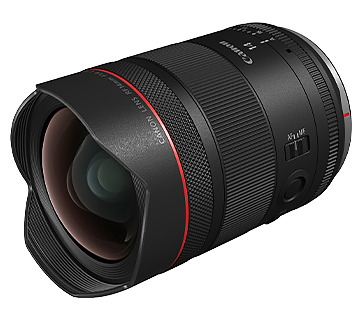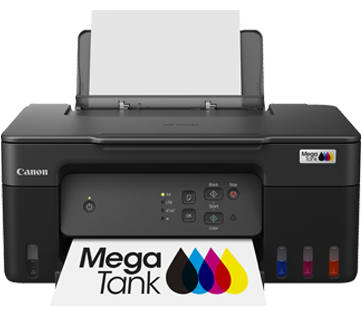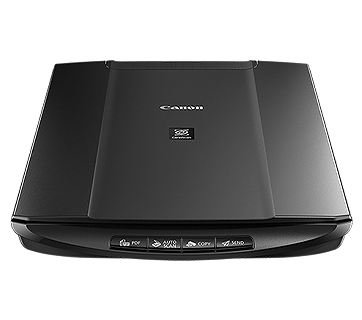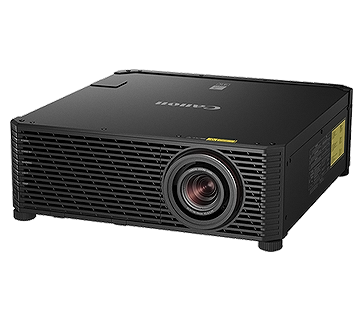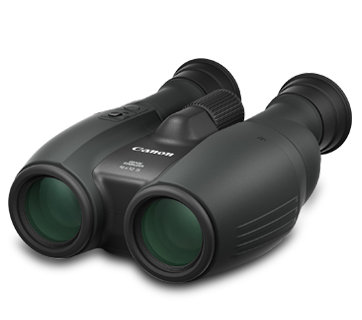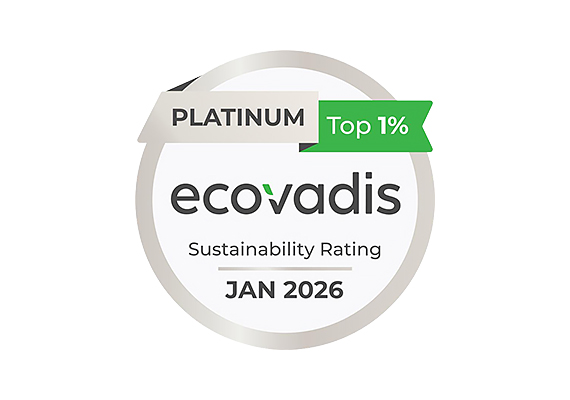Canon Converts 100% of Power to Renewable Energy at Five Manufacturing Sites for Printing Business
Canon Converts 100% of Power to Renewable Energy at Five Manufacturing Sites for Printing Business
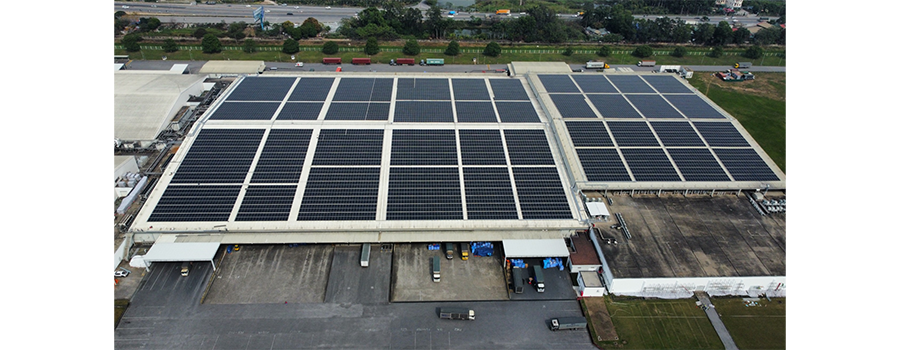
Solar panels installed at Canon Vietnam’s Thang Long Factory.
SINGAPORE, 5 March 2024 — Canon Inc. announced today that all of the power used in FY2023 was converted to renewable energy at five locations among four manufacturing companies—Canon Suzhou Inc., Canon Vietnam Co., Ltd. (Thang Long Factory and Tien Son Factory), Canon Hi-Tech Thailand Ltd. (Ayutthaya Factory), and Canon Prachinburi Thailand Ltd. — which produce the mainstay products of its printing business such as office multifunctional devices, home inkjet printers, and large-format inkjet printers.
Canon is working to convert 100% of the power used at the sites where it manufactures its printing products to renewable energy. So far, the company has installed solar panels within the grounds of some manufacturing sites and has harnessed the renewable energy generated from these panels in its production activities. At the Thang Long Factory owned by Canon Vietnam, approximately 18% of the entire plant’s power1 is generated from solar panels (total installation area: approx. 39,000 m2/generation capacity: 4.48 MW) that were installed in July 2022.
In addition to this initiative, Canon newly obtained a renewable energy certificate (REC) which securitizes the environmental value of renewable energy. This allowed the company to convert2 100% of the power used in FY2023 at five locations among four manufacturing sites — Canon Suzhou, Canon Vietnam (Thang Long Factory and Tien Son Factory), Canon Hi-Tech Thailand (Ayutthaya Factory), and Canon Prachinburi Thailand — to renewable energy. As a result, the percentage of renewable energy usage in 2023 at the final assembly sites3 for printing products, including these five locations, increased to approximately 39.5%, up roughly 5.8 percentage points from 2022. In 2024, Canon plans to continue promoting the self-procurement of green energy through initiatives such as newly installing solar panels and increase the usage rate of renewable energy.
Canon will continue to proactively utilize renewable energy and work to realize a sustainable society.
Initiatives to Achieve Net-zero CO2 Emissions
Since 1988, Canon has been at the forefront of initiatives to protect the environment to build harmonious relationships with the Earth and the natural environment based on its corporate philosophy of kyosei. Since 2008, the company has been working to achieve an annual average improvement of 3% in lifecycle CO2 emissions per product. As a result, it achieved a cumulative improvement of 44.4% (preliminary figures4) by 2023. By 2030, it aims to reduce emissions by 50% from the 2008 baseline, and by 2050 aims to cut its CO2 emissions across product lifecycles to net zero by working together with society.
About Canon Singapore Pte. Ltd.
Canon is a global leader in photographic and digital imaging solutions. Canon Singapore Pte. Ltd. is the headquarters for South & Southeast Asia driving sales, marketing and service strategies. Besides handling the domestic market, the company covers 22 other countries and regions including subsidiaries in India, Malaysia, Thailand and Vietnam. The parent company Canon Inc. has a global network of more than 300 companies and employs about 180,000 people worldwide. Canon is guided by its kyosei philosophy that focuses on living and working together for the common good.
More information is available at https://asia.canon.
1 FY2023 results.
2 The usage rate of renewable energy in 2022 was approximately 58.1%.
3 Manufacturing sites with product manufacturing and quality assurance divisions that ensure the performance of Canon’s products.
4 As of January 31, 2024.

